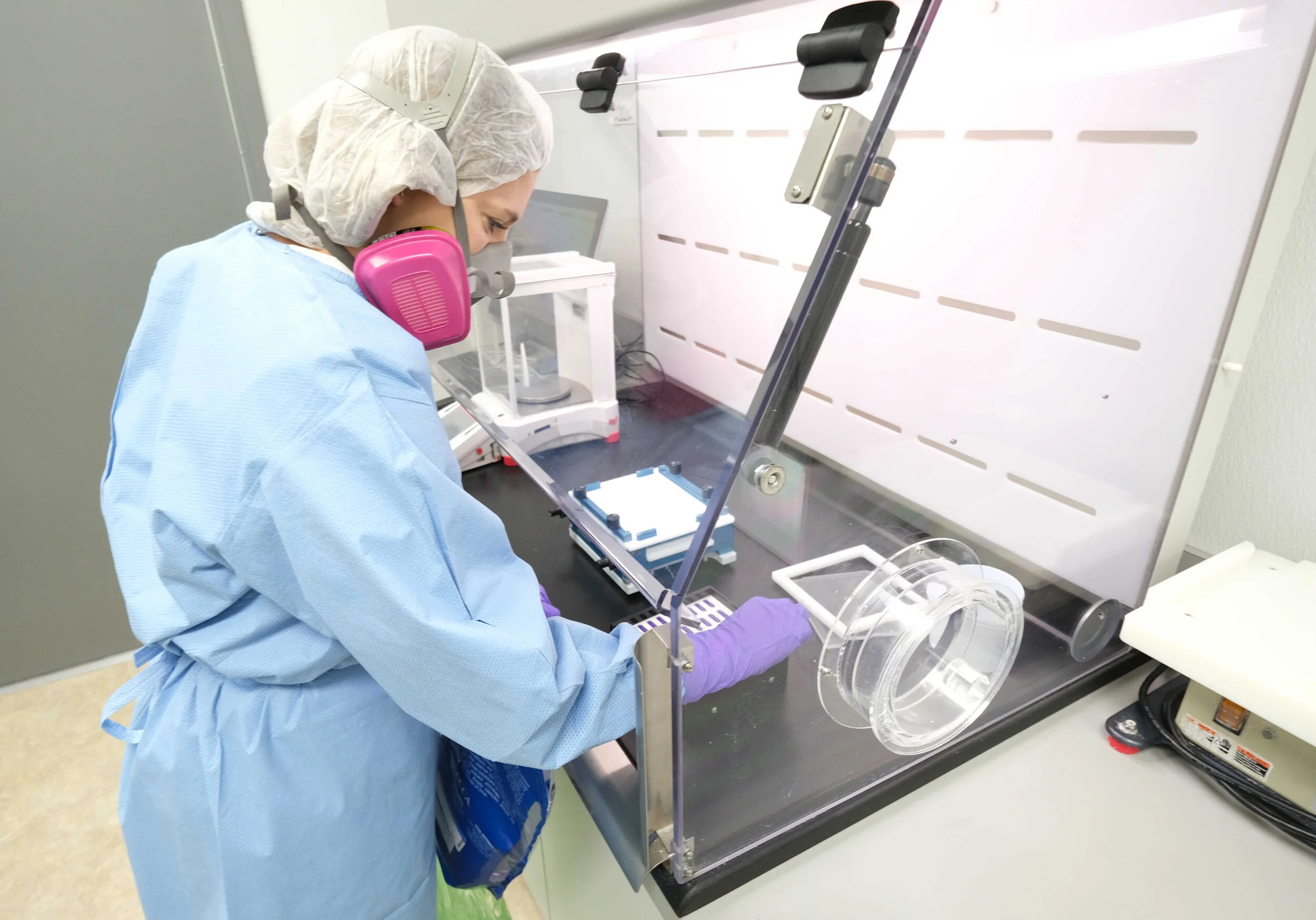Pain management is a specialized medical approach aimed at treating chronic or severe pain. The doctors at Aultman Pain Management help patients control and alleviate pain using various treatments and therapies. This episode of Health Matters includes Aultman Pain Management experts Dr. Sarah Rogers and Dr. Robert Dallara.
Why Would a Patient See a Pain Management Specialist?
Patients are often referred to pain management specialists when their pain becomes difficult to control with conventional methods or when it begins to interfere with their daily life.
Where is Aultman Pain Management Located?
Aultman Pain Management is located at Aultman Hospital, offering patients easy access to comprehensive care.
Why Do You Need a Referral?
A referral from your primary care provider is required to ensure that pain management is the right treatment approach for your specific condition and that other necessary evaluations have been completed.
What Happens After the Referral?
Once a referral is sent, the staff at Aultman Pain Management will review your case, and you will be contacted to schedule an appointment. The next steps often include a consultation and thorough assessment.
Criteria for Acceptance
Patients must meet specific criteria to be accepted into Aultman Pain Management. This includes having a documented pain condition, appropriate medical history, and a referral from their primary care provider.
When Does Pain Become Chronic?
Pain is considered chronic when it persists for three months or more, despite treatment.
Types of Pain Treated at Aultman Pain Management
Aultman Pain Management treats various types of pain, including back pain, joint pain, neuropathic pain, and pain resulting from injuries or surgeries.
What Are the Treatment Options?
Treatment options can vary from medications and physical therapy to more advanced options such as injections or nerve blocks.
Procedures for Pain Management
Common procedures at Aultman include epidural steroid injections, nerve blocks, and radiofrequency ablation, all aimed at reducing pain and improving mobility.
What to Expect at Your Appointment
Patients can expect a thorough evaluation during their first visit. This includes discussing medical history, reviewing diagnostic tests, and developing a personalized pain management plan.
Follow-up Care
Follow-up visits are crucial to monitor the effectiveness of treatment and adjust as needed. The frequency of follow-ups depends on the individual’s progress.
Who Provides Care?
Aultman Pain Management’s team includes highly qualified doctors like Dr. Dallara and Dr. Rogers, alongside other medical professionals specializing in pain treatment.
Meet the Providers
Dr. Dallara specializes in anesthesiology and interventional pain management, while Dr. Rogers focuses on treating chronic pain conditions through a range of innovative therapies.
Requesting a Specific Provider
Patients can request to see a particular provider when scheduling their appointment, ensuring they receive the care they feel most comfortable with.
How to Schedule an Appointment
Appointments can be scheduled by contacting Aultman Pain Management directly or through a referral from your primary care physician.
This comprehensive care model ensures that patients dealing with chronic pain can find relief and improve their quality of life through specialized treatments at Aultman Pain Management.
Thanks for listening today! We’d like to remind our listeners, if you suspect you have a medical issue, please contact your healthcare provider. Thanks to our sponsor Aultman Health System. As always, we thank our listeners for joining us on Health Matters with the Medicine Center Pharmacy. Have a healthy week and we’ll see you again next Friday right here on News Talk 1480 WHBC.
Listen to the episode on Apple Podcasts, Spotify, Castro, Stitcher, Amazon Music, or on your favorite podcast platform.























November is Lung Cancer Awareness Month, a time dedicated to shining a light on one of the leading causes of cancer-related deaths worldwide.